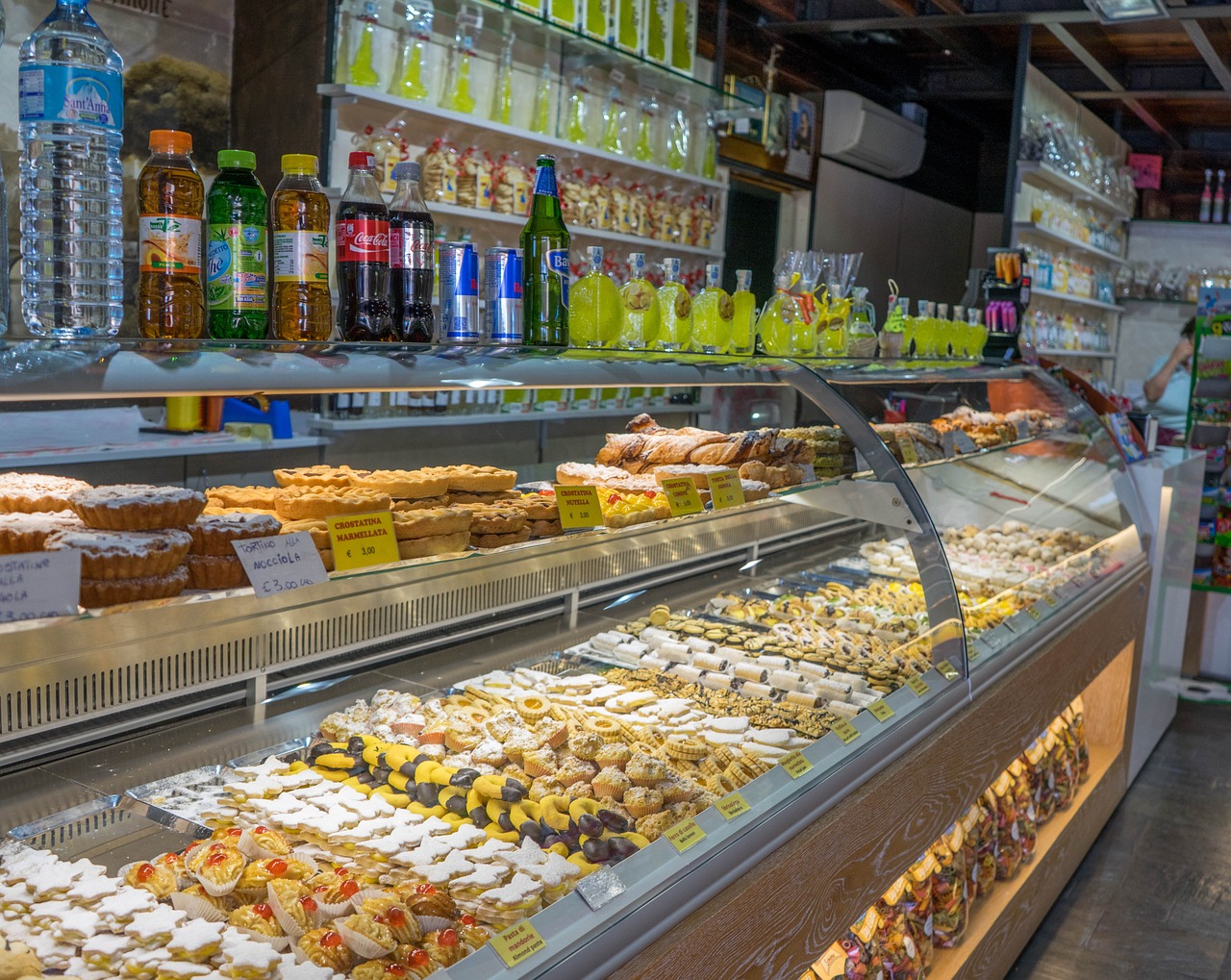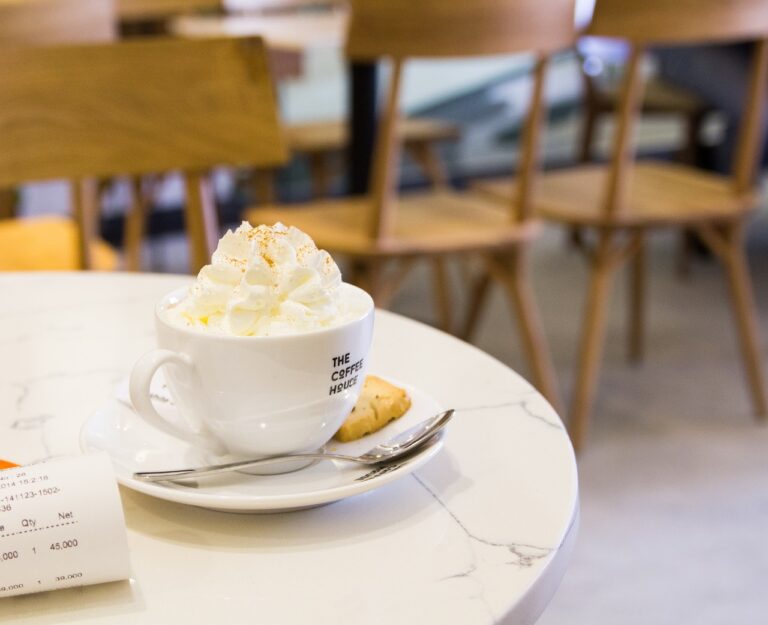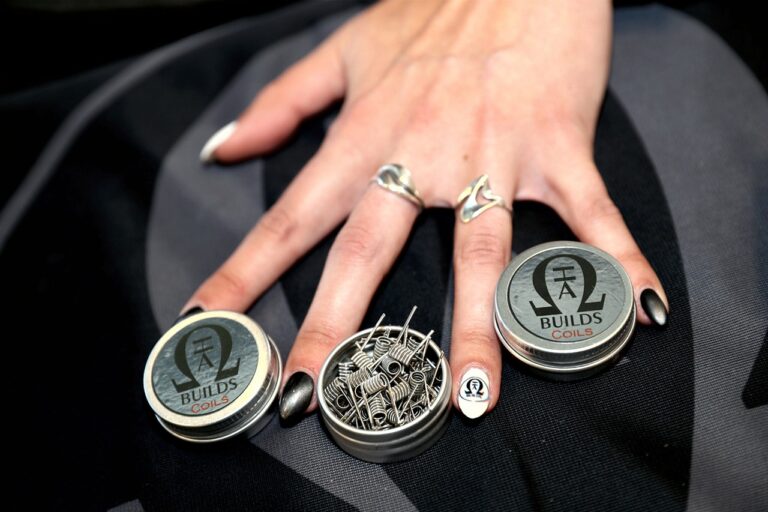The Psychology of Impulse Buying: Understanding Consumer Behavior
Understanding the key factors influencing impulse buying behavior is essential for businesses looking to capitalize on consumer tendencies. One significant factor is the element of product placement and visibility in stores or online platforms. When products are strategically positioned to catch the consumer’s eye, it can trigger impulsive purchasing decisions. Additionally, the importance of limited-time offers and promotions cannot be overlooked. Time-sensitive deals create a sense of urgency, prompting consumers to make quick buying decisions in fear of missing out on a good deal.
Moreover, the psychological aspect of impulse buying plays a crucial role in consumer behavior. The emotional response elicited by a product or a marketing tactic can greatly influence impulse purchases. For example, advertisements that evoke feelings of excitement, desire, or nostalgia can lead consumers to make impulsive buying choices. Understanding these emotional triggers and leveraging them in marketing strategies can significantly impact impulse buying behavior.
Impact of Emotions on Consumer Purchases
Consumer emotions play a significant role in influencing their purchasing decisions. Emotions such as excitement, happiness, or even stress can drive individuals to make impulse purchases without much rational thought. For example, a consumer might feel a sudden rush of joy when they see a limited-time offer, prompting them to buy the product without considering if it is truly necessary.
In addition to positive emotions, negative feelings can also impact consumer purchases. Emotions like fear or anxiety can lead individuals to seek comfort through retail therapy, buying items to alleviate their emotional distress. Marketers often use emotional appeals in advertising to tap into these feelings and create a sense of urgency or desire in consumers, encouraging them to make impulse purchases based on their emotional state.
The Role of Social Influence in Impulse Buying
Social influence plays a significant role in impulse buying behavior among consumers. The pressure to conform to societal expectations and follow trends can lead individuals to make unplanned purchases based on the influence of others. This phenomenon is often seen in group settings or social gatherings where purchasing decisions can be heavily influenced by the actions and opinions of peers.
Moreover, the emergence of social media platforms has further amplified the impact of social influence on impulse buying. With the rise of influencer marketing and user-generated content, individuals are constantly exposed to product recommendations and reviews from their social networks. This continuous stream of information can trigger impulsive buying decisions as consumers seek to emulate the lifestyles and choices of those they follow online.
• Social influence plays a significant role in impulse buying behavior among consumers.
• The pressure to conform to societal expectations and follow trends can lead individuals to make unplanned purchases based on the influence of others.
• This phenomenon is often seen in group settings or social gatherings where purchasing decisions can be heavily influenced by the actions and opinions of peers.
• The emergence of social media platforms has further amplified the impact of social influence on impulse buying.
• With the rise of influencer marketing and user-generated content, individuals are constantly exposed to product recommendations and reviews from their social networks.
• This continuous stream of information can trigger impulsive buying decisions as consumers seek to emulate the lifestyles and choices of those they follow online.
What are some key factors that influence impulse buying behavior?
Some key factors that influence impulse buying behavior include limited time offers, discounts, product placement, and peer pressure.
How do emotions impact consumer purchases?
Emotions play a significant role in consumer purchases as they can influence impulse buying decisions. Positive emotions like excitement or joy can lead to impulsive purchases, while negative emotions like stress or sadness can also trigger impulse buying as a way to cope.
How does social influence affect impulse buying?
Social influence plays a major role in impulse buying as individuals often look to their peers for validation or approval of their purchase decisions. Social media, celebrity endorsements, and influencer marketing can all contribute to the influence of social factors on impulse buying behavior.







